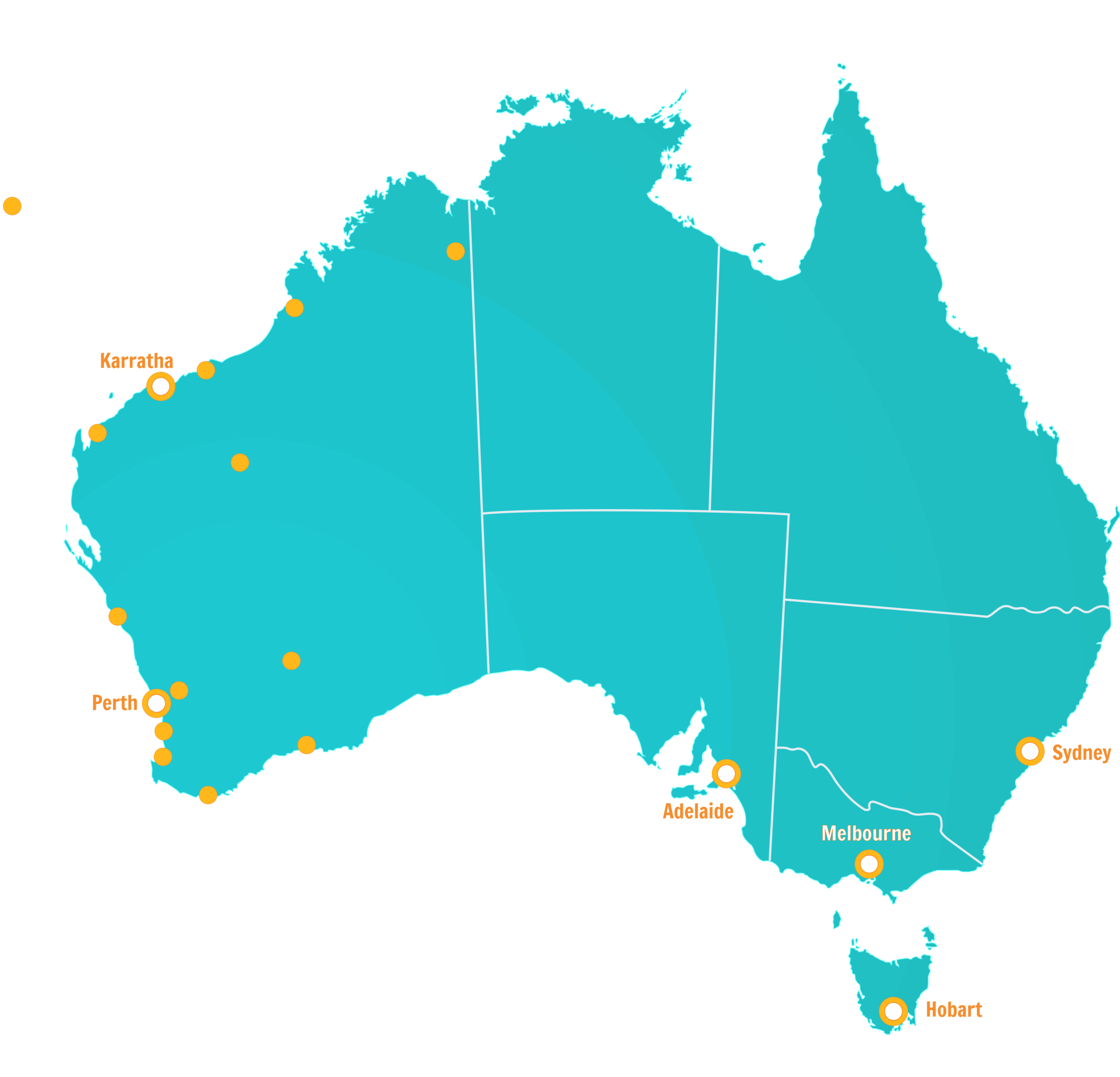When taking on an apprentice or a trainee, all parties involved are required to have an understanding of what their obligations are throughout the process.
It’s not unusual for complications to arise from time to time, and when they do, it’s sometimes hard to know where to turn for assistance.
One of the people seeking to answer this call for help is Chloe Lord, a member of the mentoring team at Apprenticeship Support Australia.
As an Australian Apprenticeship Support Network provider, Apprenticeship Support Australia offers a free and confidential mentoring service to employers of apprentices and trainees, and their staff.
This service provides any of the key parties involved in the training relationship within a business, an opportunity to seek advice and assistance with any workplace issues that may arise.
“I find I mentor sole traders that haven’t had apprentices before or haven’t had a lot of experience with them, whereas the bigger companies certainly don’t need that, and we’re more of a checkpoint and an information source for them,” says Lord.
Lord has been a mentor with Apprenticeship Support Australia for almost a year, and says while a lot of the issues faced by employers are commonly shared, no two days in her role are ever really the same.
“It’s so varied, what we do,” Lord says. “Anything from supporting an employer in how to communicate with an apprentice, to supporting an apprentice with the transition that they have to make from school into the workforce, to working on mental health issues if it’s something personal outside of work… it’s a really varied role, and no two clients are the same.”
For Lord, many aspects of her role touch on issues she has encountered before in her professional life. Prior to joining Apprenticeship Support Australia, Lord spent three and a half years working as a trainer and assessor with a Registered Training Organisation (RTO), and before that, worked with youth and those facing mental health issues over a period of eight years.
Lord’s background in mental health has given her a broader understanding of the issues that can sometimes underpin workplace disputes. In her experience, many of these disputes could be alleviated more quickly if the lines of communication are kept open within the workplace.
“I think communication breakdowns are a big one, [with] people not understanding each other and not being able to communicate clearly when there’s an issue.”
Across the board, Lord believes that getting in early when dealing with workplace issues, is key to reaching a prompt and mutually beneficial resolution for all involved.
“I think it’s about awareness of our service; there are a lot of people that don’t know they can use us – apprentices and employers. I’ve had many times where [someone] has said ‘I really could’ve used this support!’, but they didn’t know about it, so we end up getting involved when decisions to terminate have already been made and there’s not much we can do at that point.
“The advice that I would give to employers would probably be about early intervention and keeping the lines of communication open, that’s the most effective way to resolve things.”
► Apprenticeship Support Australia’s free mentoring and advisory services are available to apprentices and trainees, their employers and parents. Call 1300 363 831 and select Option 5, to speak to our Mentoring Team.




